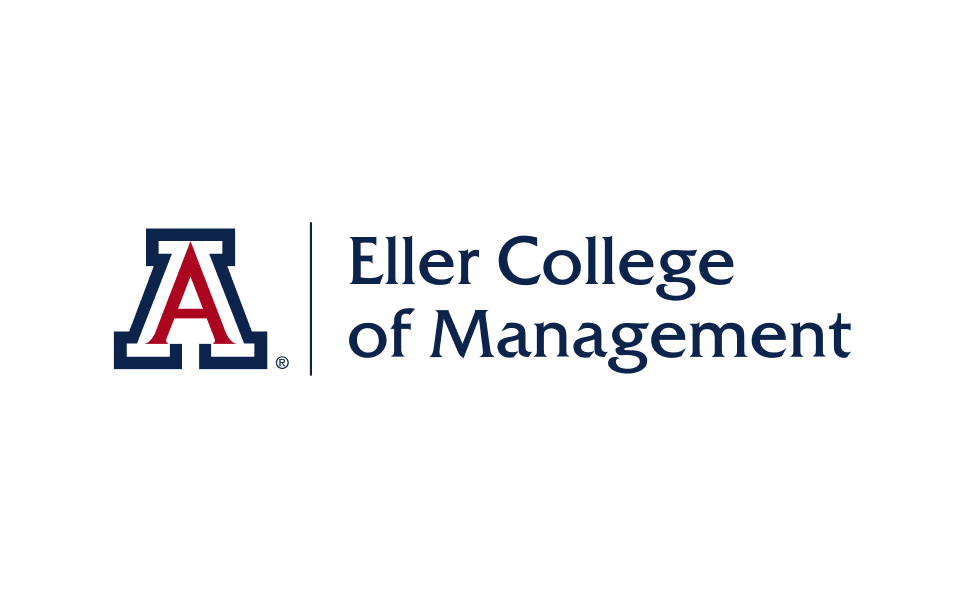How to write a Letter of Recommendation (LoR)
Learn the ins and outs of crafting, submitting, and mastering the etiquette. Discover the optimal time to request LoRs and gain advanced strategies and tips. Enrol now!
What you learn in How to write a Letter of Recommendation (LoR) ?
About this Course
This is a free course designed to master the art of crafting impactful LORs. It begins with 'Understanding the Basics of LORs,' laying a solid foundation about its significance and components. 'Crafting and Submitting the LOR' delves into the writing process, highlighting the nuances of effective communication. 'Submission Process and Etiquette' teaches the protocols and manners essential in LOR submission. 'The Right Time to Request LOR' guides on optimal timing for requests, ensuring readiness and quality. The course culminates with 'Advanced Strategies and Tips,' offering in-depth insights for refining your LOR skills.
Embark on a transformative journey of knowledge and cultural immersion – explore our diverse study abroad programs now!
Course Outline
In this module, you will learn the fundamental concepts of Letters of Recommendation (LORs), including their purpose, structure, and best practices for writing and requesting them.
In this module, you will learn how to craft effective Letters of Recommendation (LORs) and navigate the submission process, ensuring your recommendations stand out.
In this module, you will learn about the Submission Process and Etiquette, focusing on proper procedures and courtesy when submitting assignments and communicating in an academic setting.
In this module, you will learn about identifying the ideal moments to request Letters of Recommendation (LORs), ensuring timely and effective requests for your academic or professional pursuits.
In this module, you will learn advanced strategies and tips for enhancing the quality and impact of your Letters of Recommendation (LORs), making them more compelling and persuasive.
With this course, you get
Free lifetime access
Learn anytime, anywhere
1.5 Hours
of self-paced video lectures
Frequently Asked Questions
What is the purpose of an LoR?
An LoR assesses an individual's qualifications, skills, and character for academic or professional pursuits
Who requests an LoR?
Students, job seekers, or those seeking endorsements request LoRs from mentors, professors, or supervisors.
What key elements should be included?
An effective LoR includes the recommender's relationship, specific examples of abilities, and an overall endorsement.
How to choose the right person?
Choose someone who knows you well, has observed your work, and can speak positively about you.
Recommended LoR structure?
It includes an introduction, detailed information on strengths, examples, and a strong endorsement.
Success stories
Can Great Learning Academy courses help your career? Our learners tell us how.And thousands more such success stories..
Related Study Abroad Courses
Explore new and trending free online courses
Letter of Recommendation (LoR)
A Letter of Recommendation (LOR) is a formal document written by someone who can provide insights into an individual's qualifications, character, and abilities. These letters are typically requested during the application process for various purposes, such as job applications, college admissions, scholarship applications, or professional opportunities. A well-crafted letter can significantly impact the recipient's chances of success and provide valuable information beyond what is evident from a resume or application.
The structure of a Letter of Recommendation typically includes an introduction, body, and conclusion. In the introduction, the writer introduces themselves, establishes their relationship with the candidate, and explains the context of the recommendation. It is crucial to establish credibility and provide a brief overview of why the recommender is qualified to assess the candidate's abilities.
The body of the letter is the most substantial part, where the recommender delves into specific examples and instances that showcase the candidate's strengths, skills, and qualifications. Concrete details, such as specific projects, achievements, and contributions, help provide evidence for the assertions made in the letter. Whether it's in a professional or academic context, the recommender should focus on the candidate's relevant abilities and attributes.
In a professional setting, the letter may highlight the candidate's leadership skills, problem-solving abilities, teamwork, communication skills, and other relevant competencies. Employers often seek recommendations that provide insight into how the candidate performs in a work environment and contributes to the success of a team or organization.
For academic recommendations, the writer might discuss the candidate's academic achievements, intellectual curiosity, work ethic, and any unique qualities that set them apart. It's essential to showcase the candidate's potential to thrive in an academic setting and contribute positively to the learning environment.
Furthermore, a Letter of Recommendation should address the candidate's character and personal qualities. This can include traits such as reliability, integrity, adaptability, and perseverance. Anecdotes or specific examples that illustrate these traits help make the recommendation more compelling and authentic.
In the conclusion, the writer should summarize the key points and reiterate their endorsement of the candidate. It's also common for recommenders to provide their contact information in case the recipient has further questions or requires additional information.
When writing a Letter of Recommendation, honesty is paramount. Recommenders should refrain from exaggeration or providing false information, as it can harm the candidate's credibility if discovered. At the same time, the letter should be positive and highlight the candidate's strengths to present a well-rounded and compelling case.
It's crucial for both recommenders and candidates to understand the specific requirements or guidelines provided by the requesting party. This ensures that the letter addresses the necessary aspects and aligns with the recipient's expectations.
In conclusion, a well-crafted Letter of Recommendation is a powerful tool that can significantly influence an individual's chances in their academic or professional pursuits. It goes beyond a mere endorsement and provides a comprehensive view of the candidate's abilities, character, and potential. Whether it's helping someone secure a job, gain admission to a prestigious institution, or receive a scholarship, a thoughtfully written recommendation can be a game-changer in a competitive application process.




































